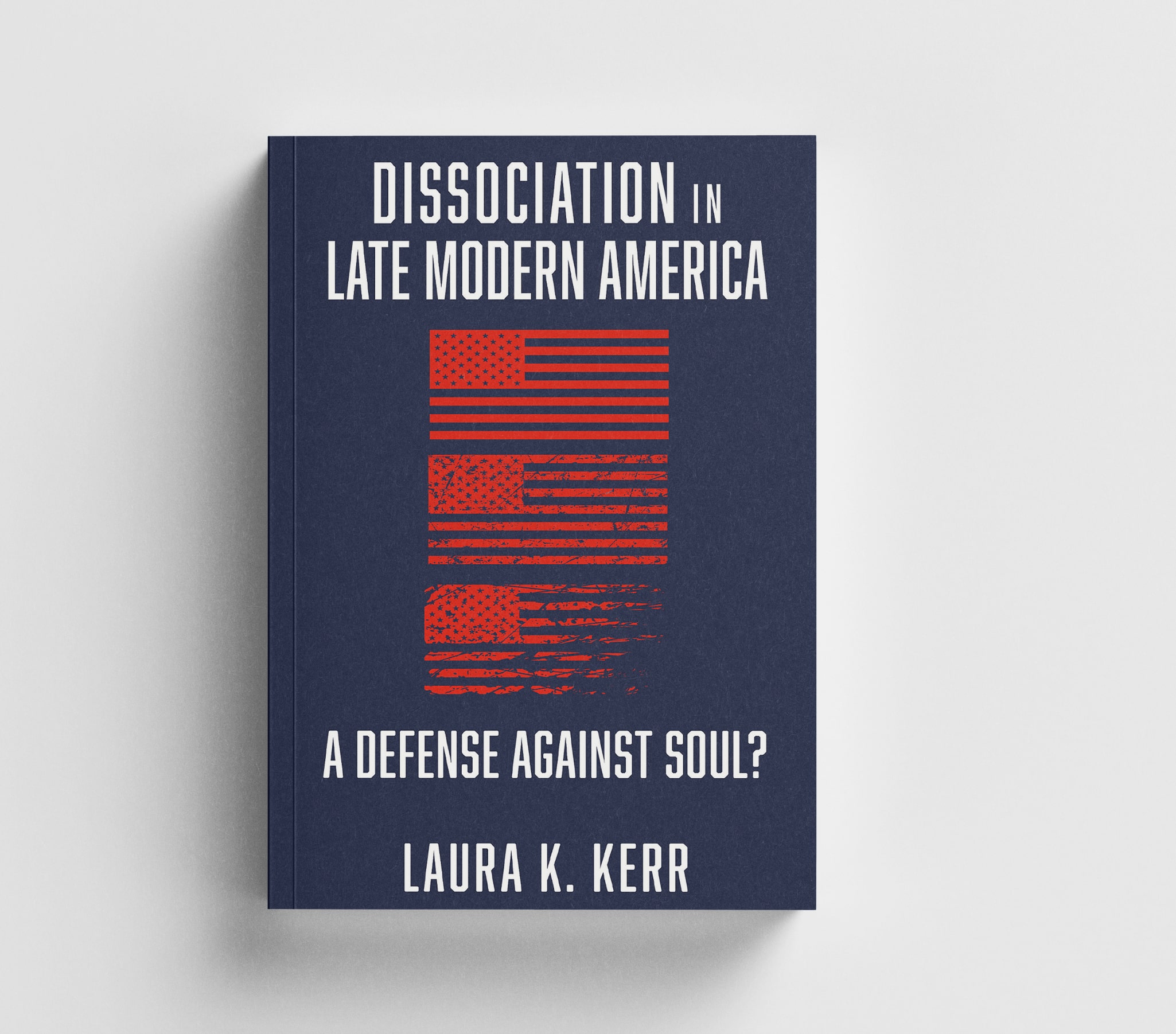Synopsis
Dissociation typically describes a psychological defense that protects the psyche from emotionally overwhelming events. However, dissociation can also contribute to maintaining and restoring relationships after suffering traumatic stress and overwhelming social strain. Two aspects of late modern American society interfere with dissociation’s contribution to social change: 1) the Enlightenment conception of human nature, on which American democracy is based, and 2) America’s sharp distinctions between public and private spheres of life. Using research on human evolution, neuroscience, trauma, and Jungian psychology, Dissociation in Late Modern America shows how Americans have become dependent on dissociative defenses in everyday life, challenging their capacity for soulful connections and living.
“Is the soul solid, like iron? Or is it tender and breakable, like the wings of a moth in the beak of the owl?”
— Mary Oliver

